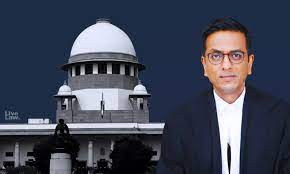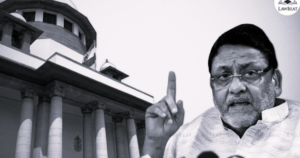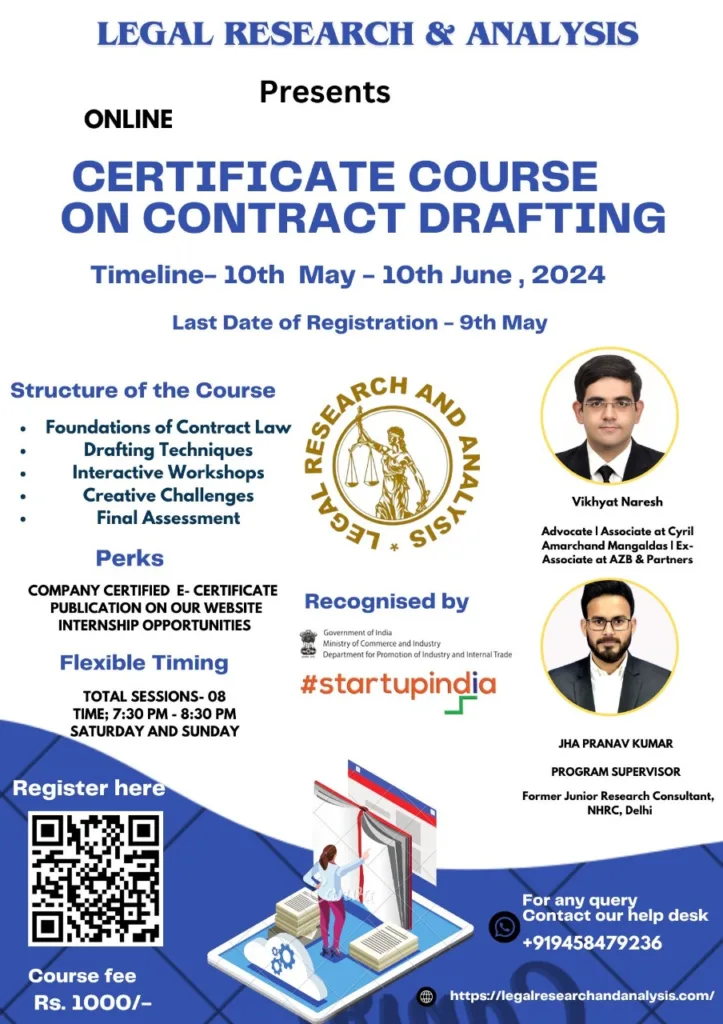
Supreme Court To Have New Annexe Building: CJI DY Chandrachud Assures Bar On Shortage Of Spaces. "It Is Extremely Close To My Heart."

“We are here to do a constitutional duty and not to please you or anyone”, Chief Justice of India DY Chandrachud told PIL petitioner Advocate Ashwini Upadhyay, while dismissing a petition filed by him seeking uniform age of marriage for men and women.
What irked the CJI was a comment made by Upadhyay- “What was the point of transferring this to Supreme Court?”. The Court had transferred the petition pending on the Delhi high Court.
Giving a firm response, CJI Chandrachud said that Upadhyay need not offer “gratuitous comments”.
“We are not here to hear your opinions. Fortunately, our legitimacy doesn’t depend on what you feel about us. We don’t want your gratuitous comments on what you feel about us. We’re here to do our constitutional duty, not here to please you. Nor are we here to please any polity. So don’t you give us your gratuitous comments on how you feel for us. You’re a member of the bar, argue before us. This is not a political forum”, CJI told Upadhyay.
CJI observed during the hearing that it was ultimately a matter for the Parliament to decide. “Mr Upadhyay, don’t make a mockery of Article 32. There are some matters which are reserved for the parliament. We must defer to the parliament. We can’t enact law here. We should not perceive that we’re the exclusive custodian of constitution. Parliament is also a custodian.”
Public Interest Litigation (PIL)
Public interest litigation (PIL) is defined as a legal action brought in a court of law for the enforcement of a public interest in which the general public or a class of the community has some interest and which could have an effect on their legal rights or responsibilities.
The term “public interest litigation” was taken from American law, where it was intended to give legal representation to previously unrepresented groups like the underprivileged, members of racial minorities, unorganized consumers, and people who were enthusiastic about environmental issues, among others.
History of PIL in India
Justice Krishna Iyer first introduced the idea of public interest litigation in India in Mumbai Kamagar Sabha vs. Abdul Thai (1976).
Hussainara Khatoon v. State of Bihar (1979) was the first PIL case to be publicly known. It focused on the inhumane treatment of prisoners and those awaiting trial and resulted in the release of more than 40,000 such prisoners. It became clear that these convicts had been denied one of their most basic rights: the right to swift justice. In succeeding cases, the same predetermined pattern was used.
In the case of S.P. Gupta v. Union of India, Justice P.N. Bhagawati marked the beginning of a new phase in the PIL movement. In this case, it was decided that “any member of the public or social action group acting bona fide” could use the Supreme Court’s (Article 32) or the High Court’s (Article 226) Writ Jurisdiction to seek redress against the violation of a person’s legal or constitutional rights if they are unable to approach the court due to a social, economic, or other disability. By virtue of this decision, PIL became a powerful tool for the enforcement of “public duties” where an executive action or wrongdoing caused harm to the public.
Justice Bhagwati worked hard to ensure that the idea of PILs was articulated clearly.
M.C. Mehta v. Union of India (1987): In a Public Interest Litigation initiated against Ganga water pollution in order to stop future contamination of Ganga water, the Supreme Court ruled that the petitioner, who is not a riparian owner but is interested in safeguarding the lives of those who utilize Ganga water, is allowed to petition the court for the execution of statutory restrictions.
In the case of Vishaka v. State of Rajasthan (1997), the court found that sexual harassment violated Article 14, Article 15, Article 16, and Article 21 of the Constitution. Later on this case became the guiding principle for laying down guidelines and provisions under the Sexual Harassment of Women at Workplace Act, 2013.
Role played by PIL in strengthening the Indian democracy
PIL empowers individuals to exercise their rights and obtain justice for any wrongs. Citizens have the authority to file petitions and take part in the administration of justice in a participatory democracy. Because there is only a small fixed court fees associated with this, it is less expensive than the standard process.
PIL supports the protection of a section, community, or group of people in comparable circumstances. For example, the SC prohibited private corporations from leasing forest and tribal land to others in the Samatha vs State of Andhra Pradesh case (1997).
Justice has been made more democratic by allowing any individual or group with the necessary resources to submit petitions on behalf of those who are unable to or lack the means to do so. For example, an ordinary citizen named Parmanand Katara brought up the problem of hospitals refusing to treat accident victims to the SC.
Through the judicial review, decisions made by a public authority may be contested. For instance, in the Shreya Singhal case (2015), the SC overturned arrests made under Section 66A of the IT Act for publishing content online.
PIL aids in creating the checks and balances necessary to redress any improper executive or legislative Accountability of the government and can be used to enforce the wrongdoer’s legal responsibility.
Litigants can concentrate and produce results concerning significant societal issues. It assists the judiciary in monitoring and keeping an eye on institutions for the elderly, orphanages, and prisons. Example: In the Hussainara Khatoon case, the court released defendants who had already spent the maximum amount of time allowed for their offense.
Challenges with the PIL
Petitions without a significant issue waste the time of the courts and prolonged delays in PIL case resolution may reduce many leading judgments to purely academic status.
The judiciary is also going beyond the scope of its authority and is unable to monitor how well its directives are being carried out. In some cases, the court showed its unwillingness to take on legislative duties; in others, it provided specific instructions for formulating policy. It has been observed that PILs are given higher priority than lengthy standing cases.
The Judiciary already has a heavy caseload due to pending cases, and PIL petitions add to that. Instead of championing public causes, PIL is being abused by those pushing for personal grievances, and thus from public interest litigation, it has become private interest litigation.
Political parties frequently file petty petitions to get political attention. However the Courts have already provisions for political petitions, dedicated MPs and MLAs courts are there, but still due to its cheapness and to get wider publicity, PIL has become more preferred choice.
A decision on one topic may have a substantial impact on the rights of another group. For example, the livelihood of employees may be impacted by the decision to close a polluting industry.







